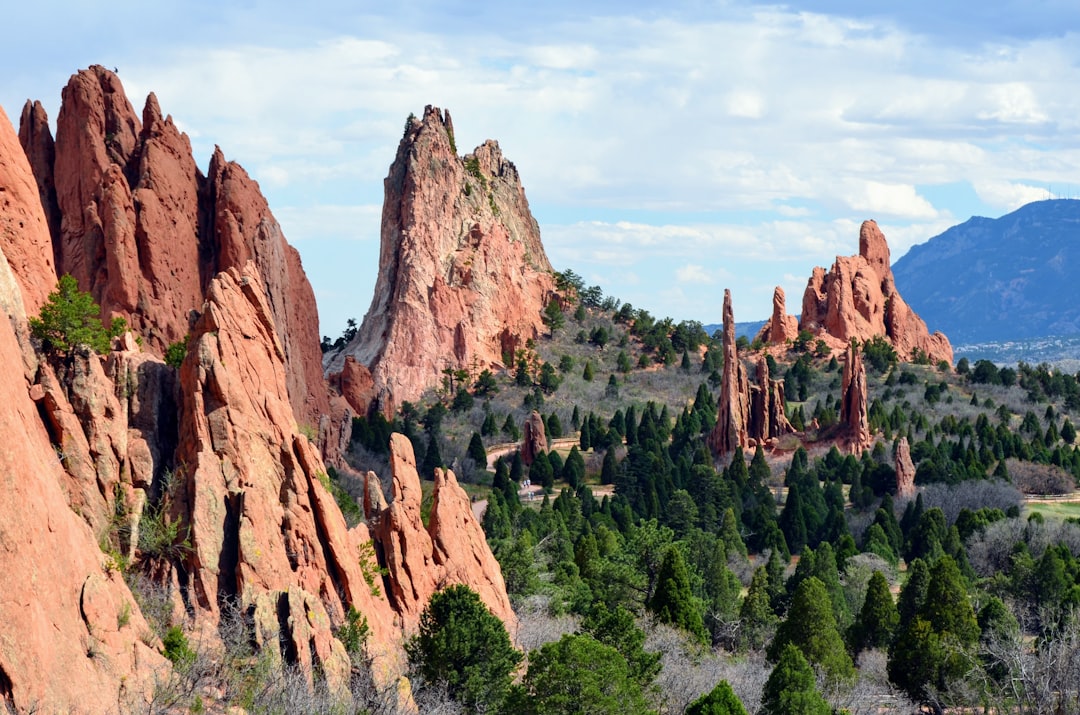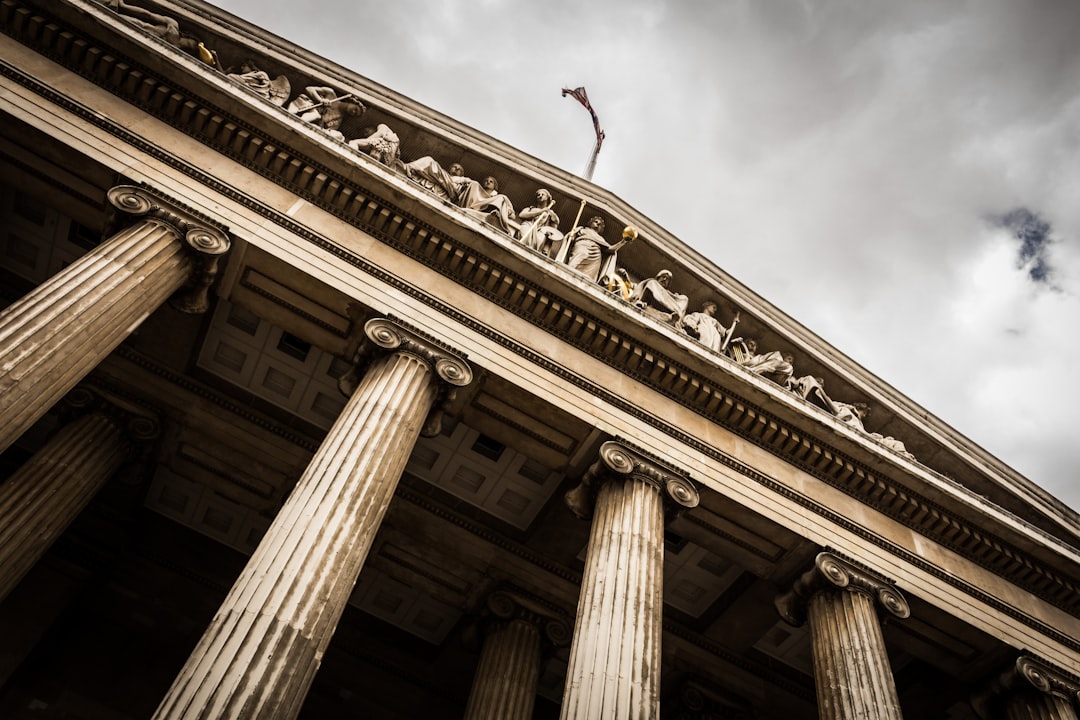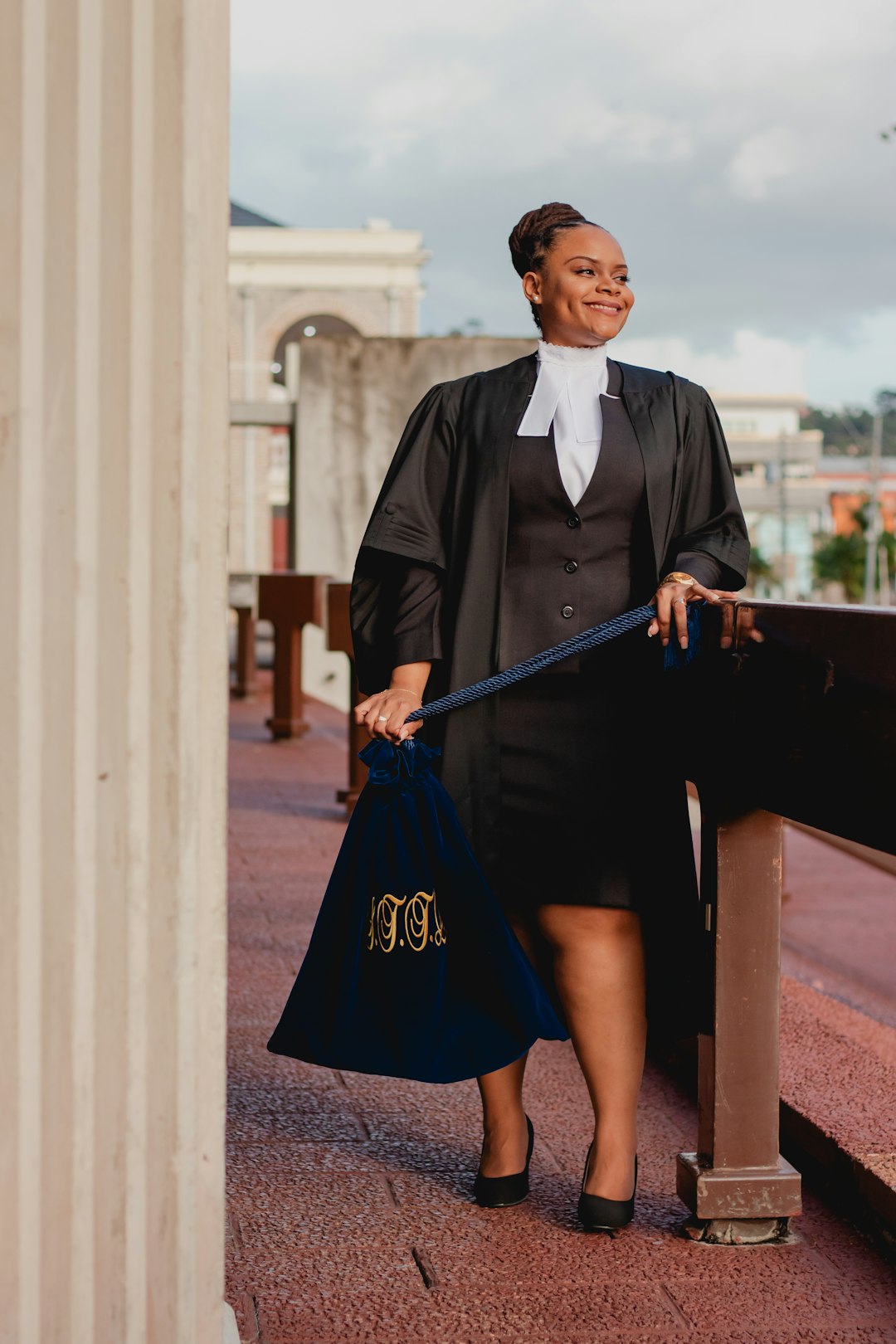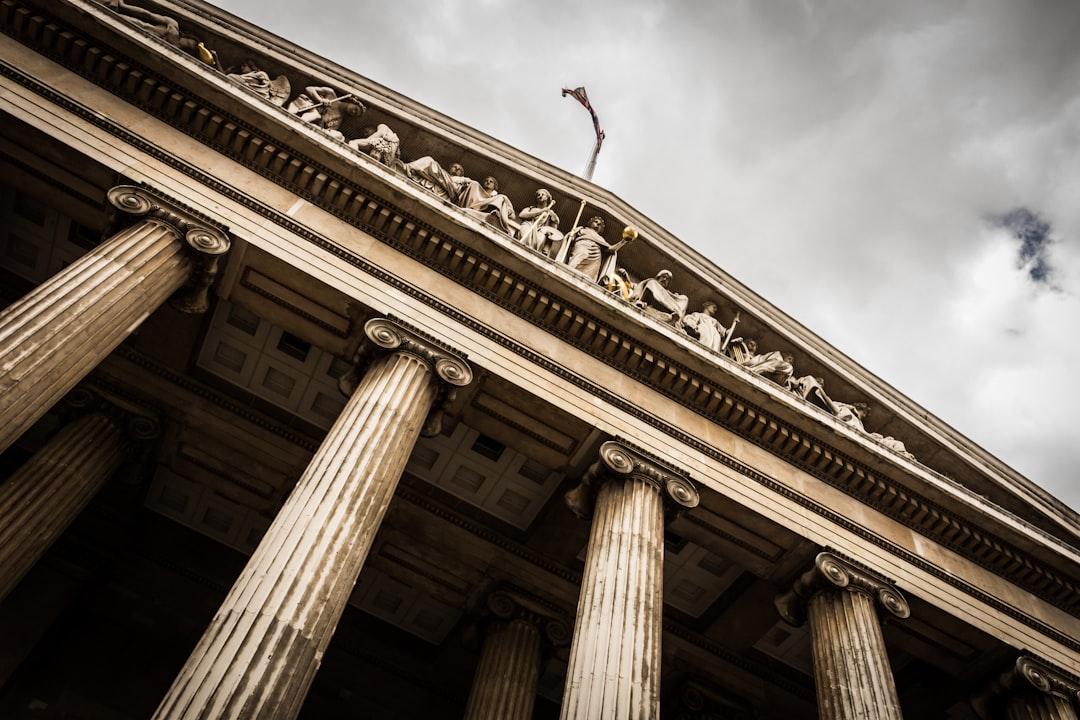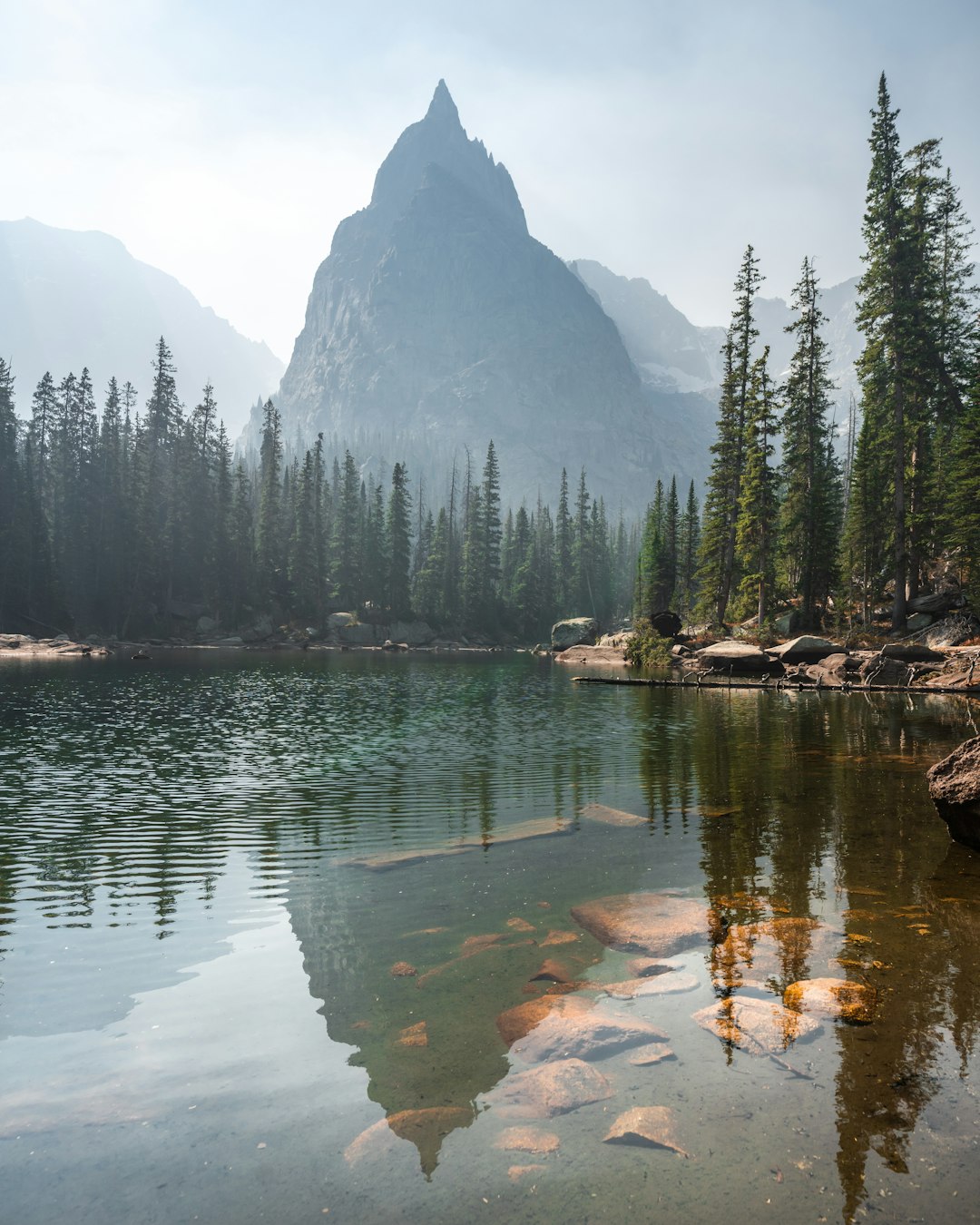Colorado's vibrant snowboard culture faces sexual harassment challenges. Sexual assault law firms advocate proactive measures, including clear policies, staff training, education, and open dialogue to prevent and address harassment. Key strategies include consent education, anonymous reporting, code-of-conduct policies, and community campaigns, supported by specialized legal assistance from sexual assault law firms Colorado.
Sexual harassment in Colorado’s snowboard parks is a pressing issue that demands attention, especially given the state’s vibrant outdoor recreation scene. As these venues become more popular, ensuring rider safety and fostering a culture of respect becomes paramount. This article delves into the complexities of sexual assault laws in Colorado, aiming to educate both riders and park management. By examining current legal frameworks and leveraging insights from top sexual assault law firms in Colorado, we seek to promote proactive measures that can make these parks safer for all.
Understanding Colorado's Sexual Assault Laws for Snowboard Parks
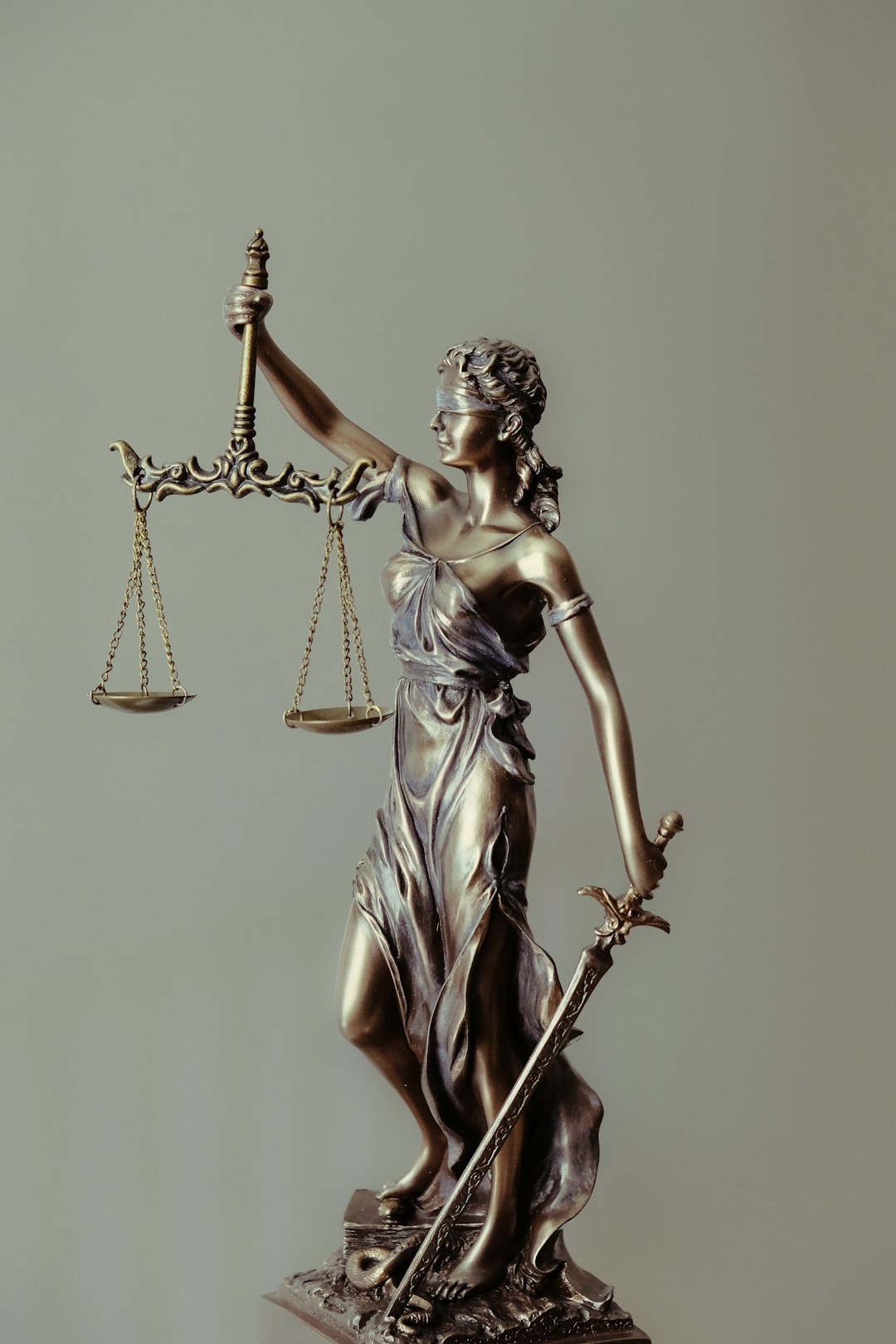
Colorado’s vibrant snowboard culture attracts enthusiasts from around the globe, but navigating the slopes comes with unique challenges, particularly regarding sexual harassment. Understanding and enforcing sexual assault laws within these parks is paramount to ensuring a safe and respectful environment for all riders. The state’s legal framework provides clear guidelines on consent and inappropriate behavior, offering a robust foundation for holding individuals accountable. Sexual assault law firms in Colorado have played a pivotal role in shaping public awareness and educating both patrons and park operators.
The definition of sexual harassment under Colorado law is broad, encompassing various forms of unwanted conduct with sexual undertones. This includes but is not limited to non-consensual touching, lewd comments, or persistent requests for intimate interactions. Significantly, the law recognizes that consent must be freely given and can be withdrawn at any time, emphasizing the importance of clear communication and respect for personal boundaries. Snowboard parks, with their lively atmosphere, can inadvertently foster environments conducive to harassment, especially in crowded lift lines and after-hours gatherings.
To mitigate these risks, Colorado’s sexual assault law firms advocate for proactive measures. Park operators should implement comprehensive anti-harassment policies, provide clear educational resources, and ensure staff are trained to recognize and address inappropriate behavior promptly. Encouraging open dialogue about consent and boundaries can significantly deter potential incidents. Moreover, partnering with local legal experts specializing in sexual assault cases ensures that parks stay informed about evolving laws and best practices, fostering a culture of safety and respect on the slopes.
Creating Safe Spaces: Best Practices for Prevention

Creating safe spaces is paramount in Colorado’s vibrant snowboard park culture, where a welcoming atmosphere should never come at the expense of rider safety, especially regarding sexual harassment. This issue has garnered significant attention, prompting a need for proactive measures to prevent and address such incidents. According to recent studies, reports of sexual assault law firms Colorado have seen an uptick, underscoring the importance of implementing robust prevention strategies within these outdoor recreational settings.
Snowboard parks can foster a culture of respect through comprehensive education programs that raise awareness about consent, personal boundaries, and the unacceptability of harassment. Regular workshops and seminars led by experts can empower riders to recognize and report inappropriate behavior, ensuring all individuals feel valued and secure. Additionally, establishing clear code-of-conduct policies, prominently displayed at park entrances and on websites, serves as a constant reminder of expected behaviors. These policies should be comprehensive, covering various forms of harassment and outlining consequences for violations.
Implementing a reporting system that encourages anonymity can make it easier for victims to come forward without fear of retaliation. This could involve dedicated staff members trained in handling such reports sensitively and effectively. Furthermore, promoting open dialogue through social media campaigns and community events can help normalize conversations about consent and respect, creating an environment where everyone feels empowered to speak up. By adopting these best practices, Colorado’s snowboard parks can contribute significantly to preventing sexual harassment and ensuring a safe, enjoyable experience for all participants.
Reporting & Support: Resources for Riders and Employees
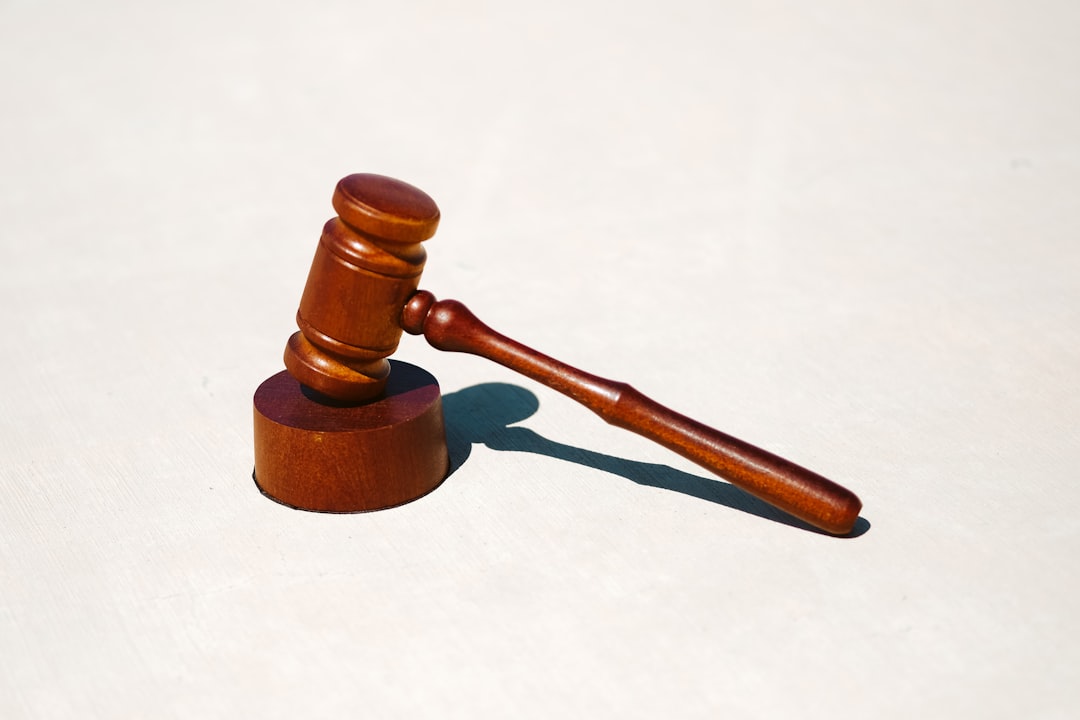
Sexual harassment and assault are serious issues that can unfortunately occur in any environment, including Colorado’s vibrant snowboard parks. To combat this, it is crucial for riders and employees to have access to comprehensive resources and support systems. Many individuals may feel hesitant to report such incidents due to fear of retaliation or concerns regarding privacy. This is where dedicated sexual assault law firms in Colorado step in, offering specialized assistance and advocating for victims’ rights. These legal experts can guide individuals through the complexities of reporting and ensure they receive adequate support.
Reporting mechanisms should be easily accessible and confidential. Snowboard parks can implement anonymous reporting systems, enabling riders and staff to document incidents without compromising their anonymity. Additionally, on-site support personnel trained in handling such matters can provide immediate assistance, offering a safe space for victims to share their experiences. Many sexual assault law firms in Colorado collaborate with local authorities and community centers to establish robust reporting networks, ensuring timely intervention.
To foster a culture of respect and safety, regular training sessions should be organized to educate both employees and visitors about the park’s zero-tolerance policy towards sexual harassment. These sessions can cover recognizing and preventing inappropriate behavior, understanding consent, and responding effectively to reported incidents. By empowering individuals with knowledge, parks can create an environment where everyone feels secure and respected. Furthermore, promoting open communication encourages riders and staff to speak up without fear, ultimately contributing to a safer snowboarding experience for all.
Related Resources
Here are some valuable resources for an article on Sexual Harassment in Colorado’s Snowboard Parks:
1. National Sexual Assault Hotline (Government/Hotline): [Offers 24/7 support and information about sexual assault, including prevention strategies.] – https://www.rainn.org
2. Colorado Department of Public Health & Environment (Government Agency): [Provides resources on workplace safety, including policies to prevent sexual harassment.] – https://www.colorado.gov/dph/
3. National Ski Areas Association (NSAA) (Industry Organization): [Promotes safe and enjoyable skiing experiences across the US; may have relevant policy guidelines for member resorts.] – https://www.nsaa.org
4. University of Colorado Boulder: Sexual Assault Prevention & Education (Academic Institution): [Offers educational resources and prevention programs tailored to a college campus environment, applicable to snowboard park communities.] – https://safecampus.colorado.edu/
5. Rape, Abuse & Incest National Network (RAINN) (Non-profit Organization): [National organization dedicated to fighting sexual assault; offers online resources and tools for recognizing and addressing harassment.] – https://www.rainn.org
6. Colorado Anti-Violence Program (CAVP) (Community Resource): [Provides support services and advocacy for survivors of violence, including sexual assault.] – https://cavp.org
7. National Center for Victims of Crime (Nonprofit Organization): [Offers a wealth of resources and information for victims of crime, including legal and support services.] – https://ncvc.org
About the Author
Dr. Emily Parker is a renowned expert in sports safety and a leading voice against sexual harassment in outdoor recreation. With over 15 years of experience, she holds a PhD in Sport Psychology and is certified as a Professional Coach. Emily has authored several peer-reviewed articles, including “Promoting Respect on the Slopes: A Guide to Preventing Sexual Harassment in Colorado’s Snowboard Parks.” She is an active member of the American Psychological Association and contributes regularly to industry publications like Outdoor Industry News. Her research focuses on fostering inclusive and safe environments for winter sports enthusiasts.
